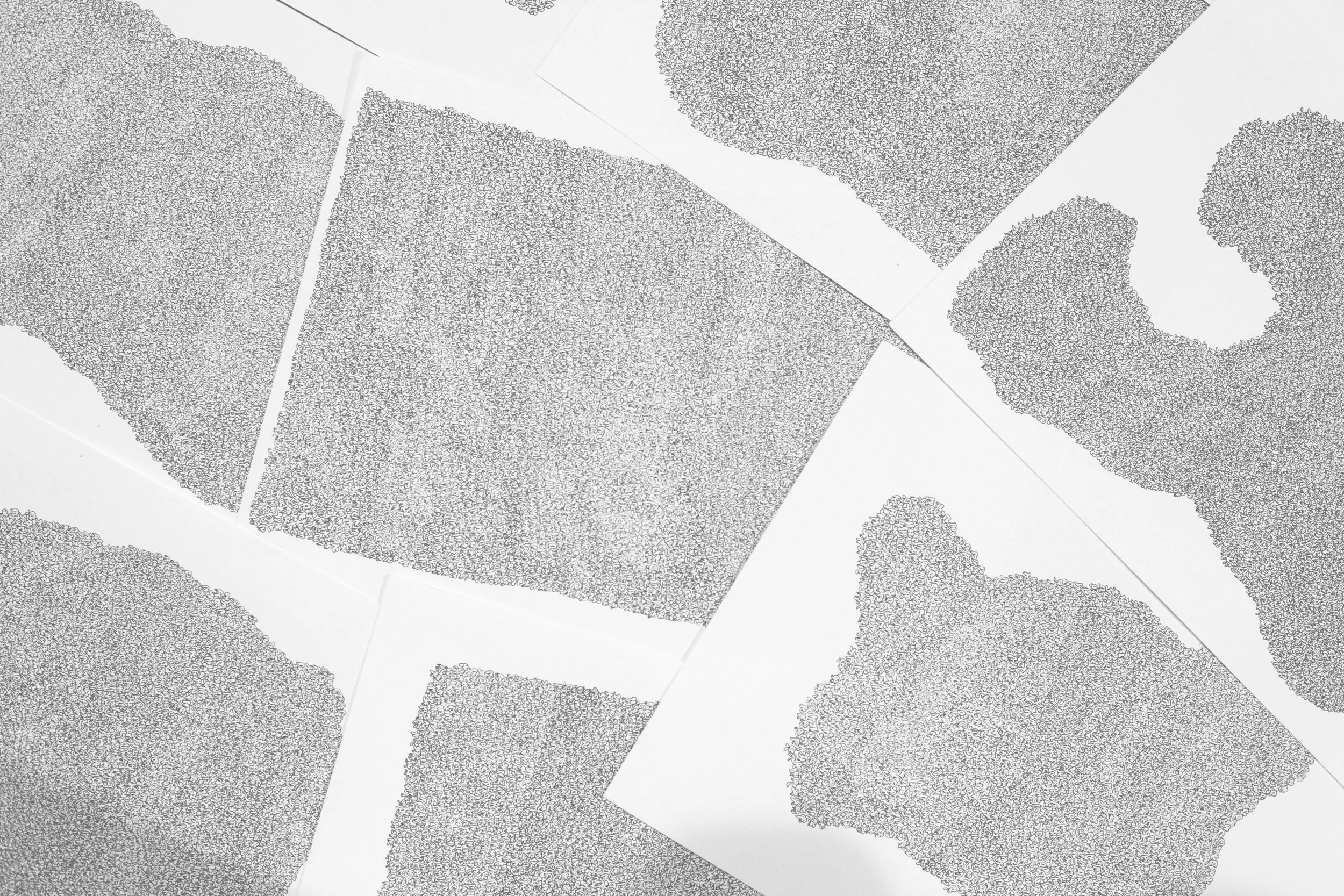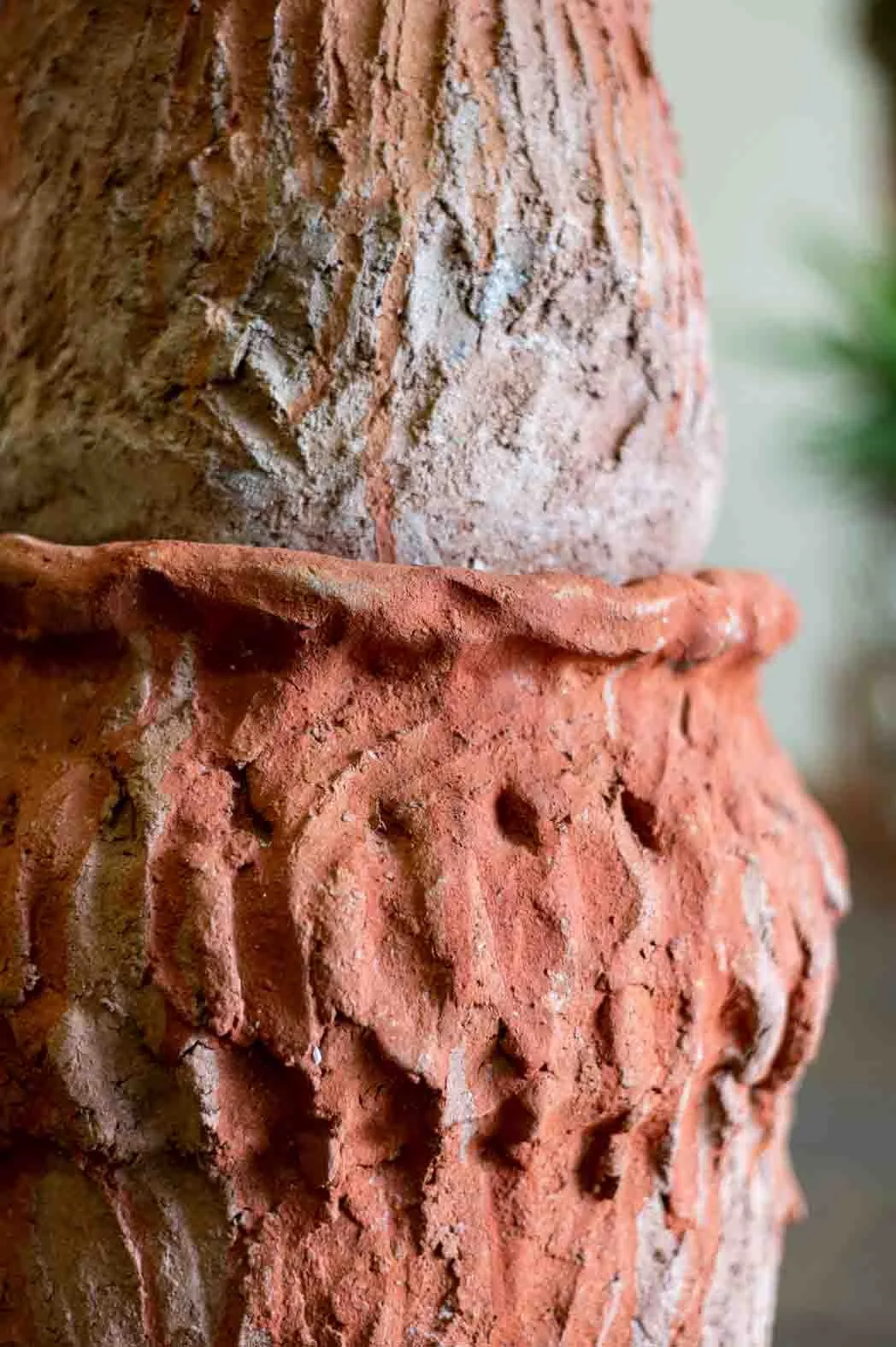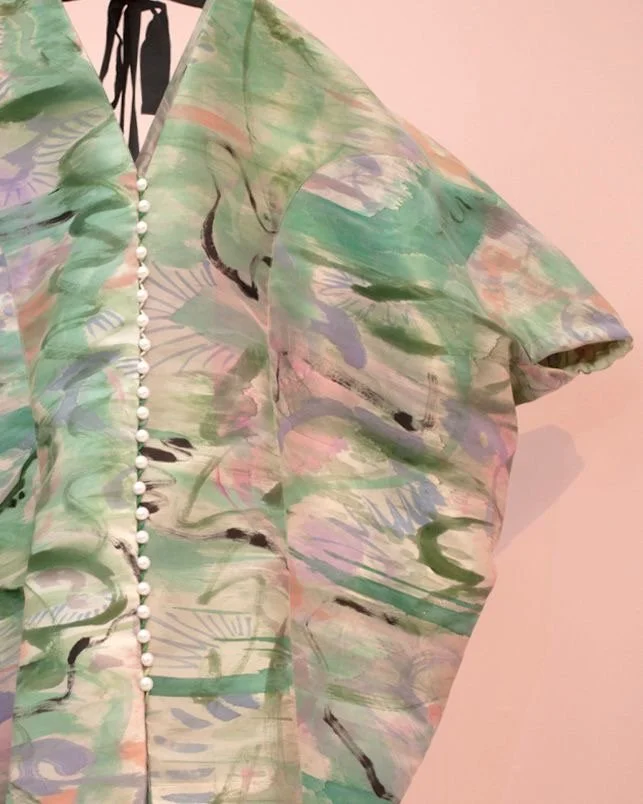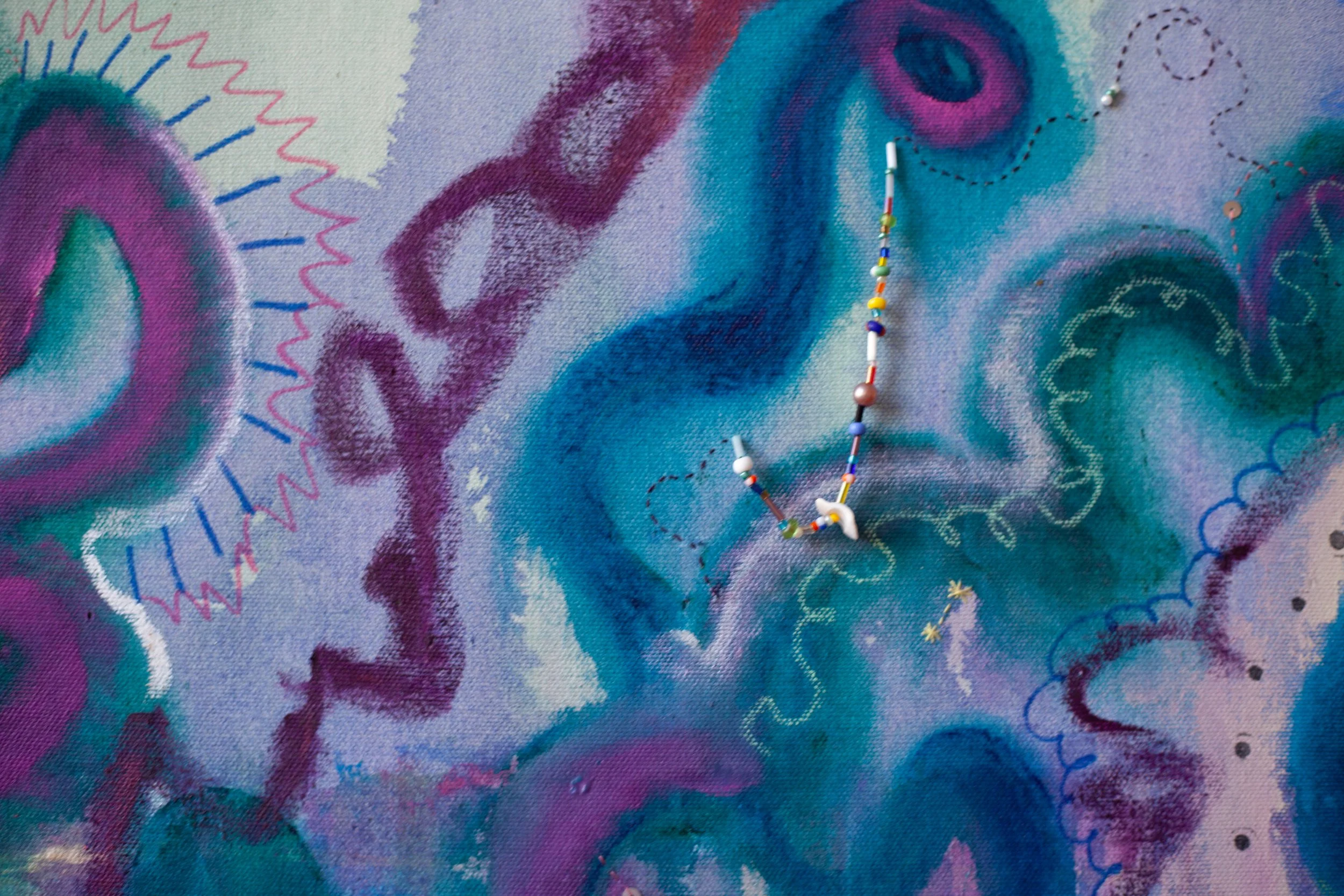Home
f@franciscasosalopez.com
Through my work I explore the evolving idea of home and how this concept has changed throughout my life and as a migrant. Home is a feeling, a theory and a series of stories more than a physical space. I explore this in different ways: by learning and working with artisans in my home country, to understand their stories of making. I seek the feeling of home in my studio while painting and sewing whether it be in Caracas or London. When working in the studio, I get into a sense of flow. This state of being and making is deeply connected to my child self. It is how I felt at home when I was a kid, comfortable, easy, whimsical and girly. When making work, it translates into playful instincts that mix colors and materials in the search for joy and beauty.
I also try to understand home through spiritual and religious beliefs and how these are trickled down into day to day interactions, language and traditions. Finally, I test the idea of home from the perspective of those who have left. My country has one of the largest migration crisis in the world and biggest in the region. Is the fundamental part of “home” (the people) spread out throughout the world? Do we carry it with us? What makes a country? Is it the mountains, the sea, the animals and trees or is its people? or is it both?
Artesanías
Collaborating with artisans in Venezuela to create contemporary artworks.
The Paintings

The Million(s) Bag Project
This is a lifelong project of drawing 1 bag per Venezuelan migrant.
The Million(s) Bag project began in 2020. It is a daily habit of drawing a minimum of 250 bags per day.
At this rate, it will take 94.5 years to complete.Number of migrants
9,100,000
Year
2025
Number of bags
509,208
Date
19/08/25














